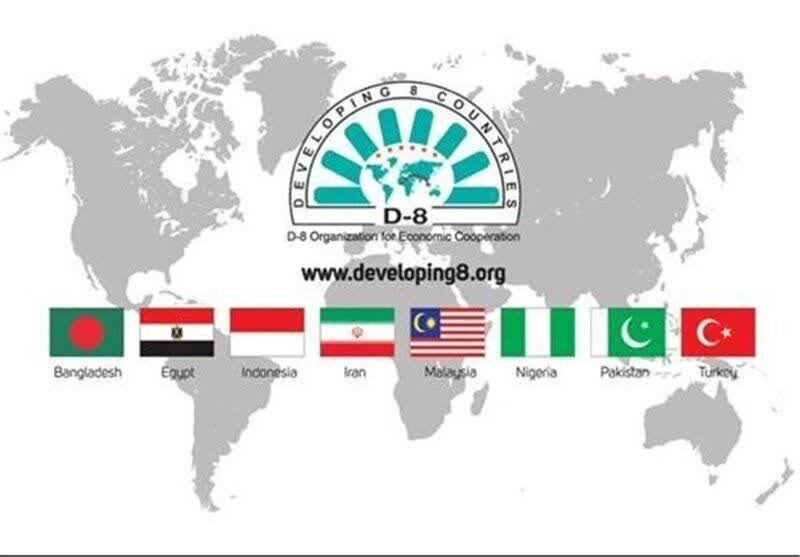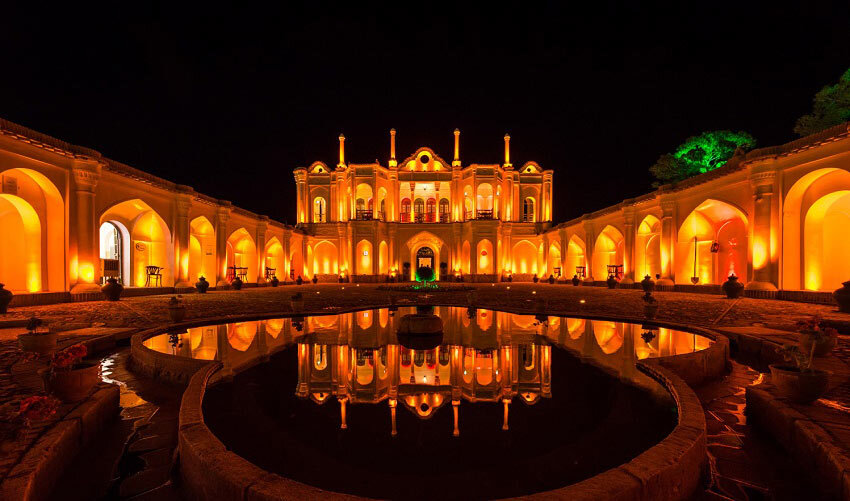TEHRAN - The city of Kerman, representing Iran, has been shortlisted as a candidate for the title of the tourism capital of the D-8 Organization for Economic Cooperation, a group of eight developing Islamic countries.
Kerman has submitted a comprehensive written proposal to be considered for the prestigious title, competing against other prominent cities such as Antalya in Turkey and Lahore in Pakistan, Kerman province’s tourism chief said on Friday.
“Kerman has all the necessary attributes to represent Iran in this competition,” Saeed Shahrokhi stated.
“With its robust tourism infrastructure, dedication to preserving cultural heritage, innovation in technology, emphasis on the safety and security of tourists, and its commitment to promoting and marketing tourism, Kerman is well-positioned to be the D-8 Tourism Capital.”
The D-8 Organization, also known as the Developing-8, includes Iran, Turkey, Egypt, Nigeria, Bangladesh, Malaysia, Indonesia, and Pakistan.
The official further emphasized that the accurate, credible, and creative presentation of Kerman’s abilities could significantly increase the city’s chances of being selected. Shahrokhi also highlighted the importance of national, provincial, and private sector collaboration in achieving this recognition, expressing gratitude to the Kerman Chamber of Commerce for its support in the process.
The final decision on the selection of the D-8 Tourism Capital is expected to be announced later this year.

Kerman is a vibrant testament to centuries of cultural fusion and heritage. Nestled in the country's southeastern part, Kerman has been a cultural melting pot since antiquity, blending Persians with subcontinental tribal inhabitants. This confluence of cultures has enriched the city with diverse traditions, architectural marvels, and a unique way of life that continues to captivate visitors today.
The city is home to numerous historical sites and scenic landscapes that offer an unforgettable journey through time. The Bazaar-e Sartasari, one of Iran's oldest and longest covered bazaars, is a bustling hub of commerce and culture where travelers can experience local crafts, textiles, and spices. The ancient Jabalieh Dome, a mysterious octagonal structure made of stone and gypsum, showcases the city’s architectural ingenuity. Additionally, the Ganjali Khan Bathhouse, an exquisite example of Persian bathhouse architecture, reflects the artistic heritage and sophisticated urban planning of the Safavid era.
Moreover, Kerman’s appeal extends beyond its architectural wonders to its natural beauty, which includes the stark and captivating landscapes of the Shahdad Desert. Known for its stunning Kaluts—geological formations shaped by wind erosion—the desert provides an otherworldly experience that attracts adventurers, photographers, and nature lovers alike. The surrounding mountains and oases add to the city’s diverse topography, making Kerman a unique destination where history, culture, and nature converge.
Kerman’s cultural heritage is not only preserved in its monuments and natural landscapes but also in its vibrant traditions, including music, crafts, and cuisine. From traditional carpet weaving to the preparation of unique local dishes, the city offers a deep dive into the rich Persian culture that has been shaped by its historical crossroads. As a candidate for the D-8 Tourism Capital, Kerman showcases its potential to attract global attention by offering an authentic and multifaceted travel experience that celebrates both its past and its dynamic present.



.jfif)

.jfif)

.jfif)

.jfif)


.jfif)
.jfif)
